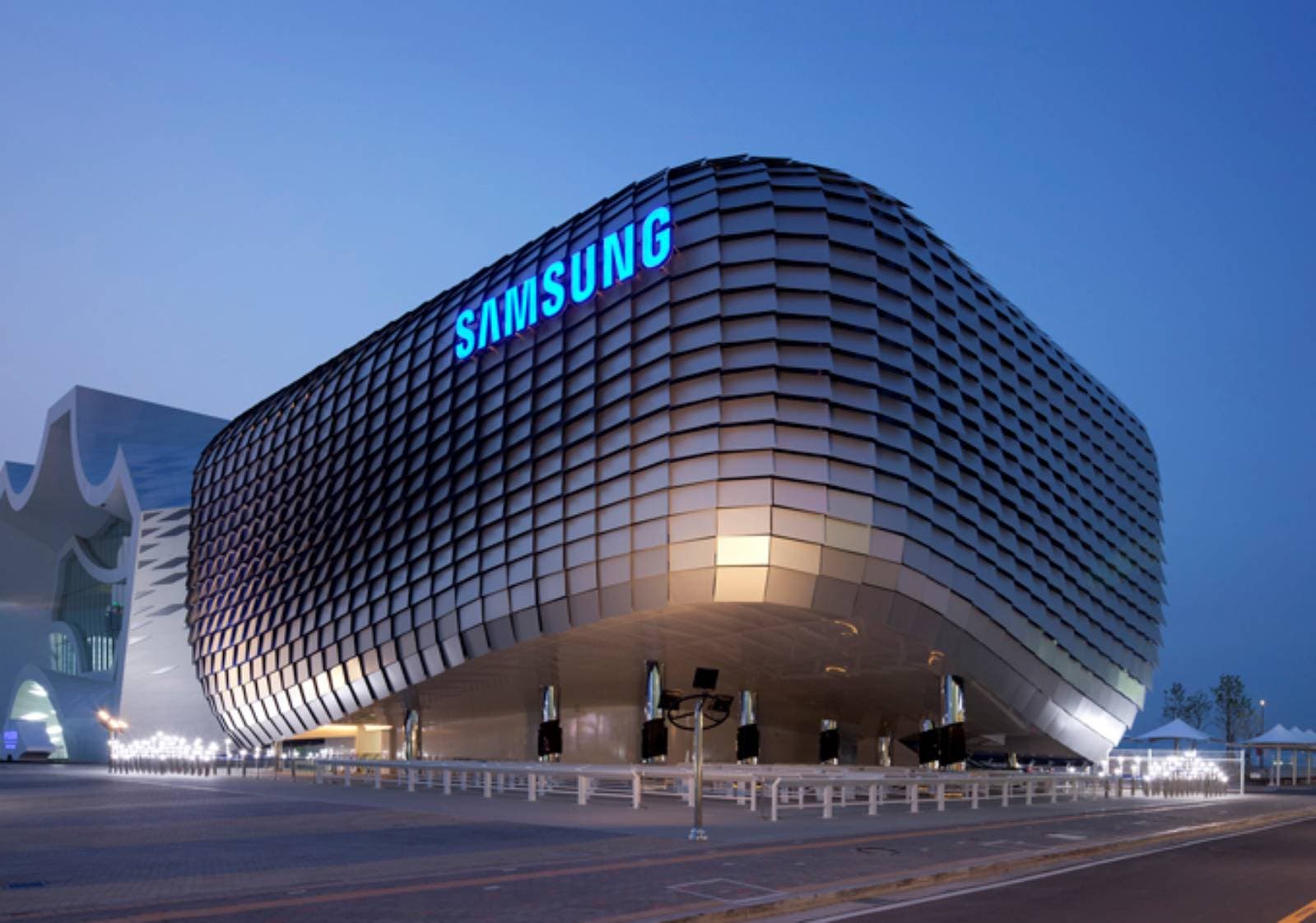A few days ago, there were reports that Qualcomm is getting set to build it’s Snapdragon 855 chip on a 7nm process and it was speculated that TSMC will be contacted for this task. However, it appears that Qualcomm has now picked Samsung ahead of TSMC. The South Korean manufacturing giant announced that Qualcomm’s future 5G mobile device chips will be based on its 7nm LPP manufacturing process and the technology node will introduce EUV (EUV lithography). Samsung debuted the 7nm LPP EUV process in May 2017 and one month later, it announced that it will mass-produce 7nm earlier in 2018 than its rival, TSMC.

Samsung and TSMC have been at loggerheads for who will take charge of Qualcomm chips. Snapdragon 808 and Snapdragon 810 chipsets were both made by TSMC but most recently, the likes of Snapdragon 820, Snapdragon 821 and Snapdragon 835 chipsets were all churned by Samsung. Snapdragon 810 was not really accepted by most Android manufacturers because of its vulnerability to overheating. In fact, LG had to dump the SD810 for lower SD808 SoC for the LG G4.
Samsung revealed that, compared with the current 10nm FinFET process, 7nm will achieve a 40% reduction in area, 10% performance increase, and 35% power consumption decline. Interestingly, Qualcomm also introduced its X24 baseband based on the 7nm process this month. Recall that Samsung announced in October 2017 that it is developing an 8nm intermediate process between 10nm and 7nm.






Nothing to wander about hire. Samsung made it faster available than competition & thanks to EUV it will also be cheaper that competition one’s without it. It may not be better (Samsung 7nm LPP) that competing one from TSMC but it won’t make much difference & cost & time to market is more important.
Nothing to wander about hire. Samsung made it faster available than competition & thanks to EUV it will also be cheaper that competition one’s without it. It may not be better (Samsung 7nm LPP) that competing one from TSMC but it won’t make much difference & cost & time to market is more important.